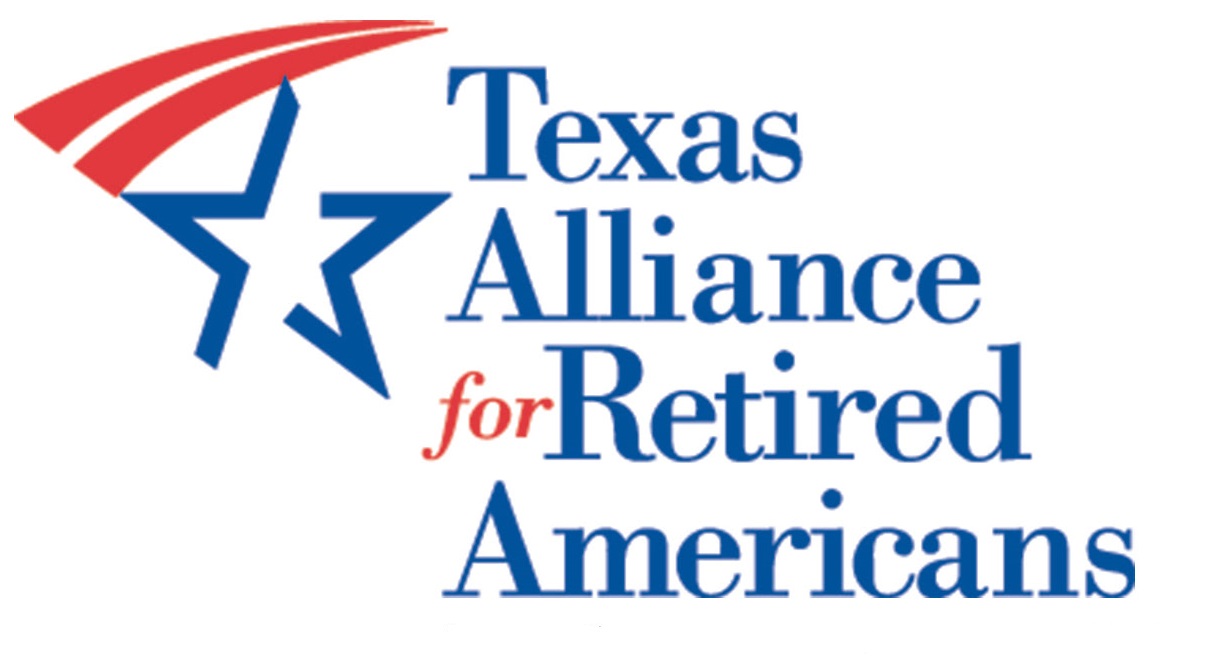Blog
January 04, 2022
Changes in Texas Election Law
New Texas Election Laws—What They Mean for Voters, Those Who Assist Voters, and Election Workers (1/4/2022 TARA update)
Voting Hours and Locations: Overnight voting banned. Drive-through voting banned. New minimum and maximum hours for early voting apply statewide.
Voter Registration: Monthly checks of voters’ citizenship status by comparing DPS records to voter rolls. Penalties against voter registrars for non-compliant voter lists. Parts of registration form regarding eligibility and ID/Social Security numbers cannot be pre-filled to aid registrant. Voters can update their registration online even if they move to another county in Texas.
Voting by Mail: Counties are prohibited from sending unsolicited VBM applications. Voters now must provide their driver’s license number, personal ID number, election ID number, or last four digits of their Social Security number on their VBM application and ballot carrier envelope. If the number provided doesn’t match the voter’s identifying data on the voter roll, the application or mail ballot is rejected. If the VBM application is rejected because of a number issue, the county must notify the voter, and the voter can correct the error via a new online VBM application and ballot tracker. If the VBM ballot is rejected because of a number issue, the voter may be able to cure the problem (as described below).
“Curing” Errors on VBM Carrier Envelopes: When there is a problem with the ballot carrier envelope, the county must return the envelope within two business days if it is possible to correct the error and return the envelope before the polls close on election day. If there’s not enough time for the mail option, the county may (but is not required to) contact the voter by phone or email and advise the voter she/he can either ask for the VBM application to be cancelled or come to the clerk’s office in person within six days after the election to cure the defect. Voters should provide their email and phone on the VBM application so the county can contact them if necessary.
Assisting Voters: Persons who assist voters with a VBM application, VBM ballot, or in-person ballot must provide their relationship to the voter and their address, sign an oath, and mark that they did not receive compensation. Persons who drive seven or more voters to the polls to vote curbside (due to disability or illness) must fill out a new form. A new “vote harvesting” crime occurs if a person receives payment to interact with a voter “in the physical presence of an official ballot or ballot voted by mail” to deliver votes for a candidate or measure. Note: Persons with a disability are entitled to a “reasonable accommodation” per federal law if state law would hinder needed assistance.
Poll Watchers: Watchers must complete a new online training program developed by the secretary of state and sign an oath to refrain from disruptive behavior. They cannot be removed for violating election laws unless the violation was observed by an election judge or clerk. But the election judge can call law enforcement to remove watchers who “commit a breach of the peace or a violation of law.”
It is a crime if an election officer “intentionally or knowingly refuses to accept a watcher for service” when required or if the election officer takes “any action” to “make observation not reasonably effective.” Watchers are entitled to be “near enough to see and hear” what they are trying to monitor, unless prohibited. They are forbidden to be present at the voting station when the voter is preparing her/his ballot or being assisted. Otherwise, the watcher “may not be denied free movement where election activity is occurring.” Parties appointing watchers can get a court order if one of their watchers is “unlawfully prevented or obstructed from the performance of” the watcher’s duties.
